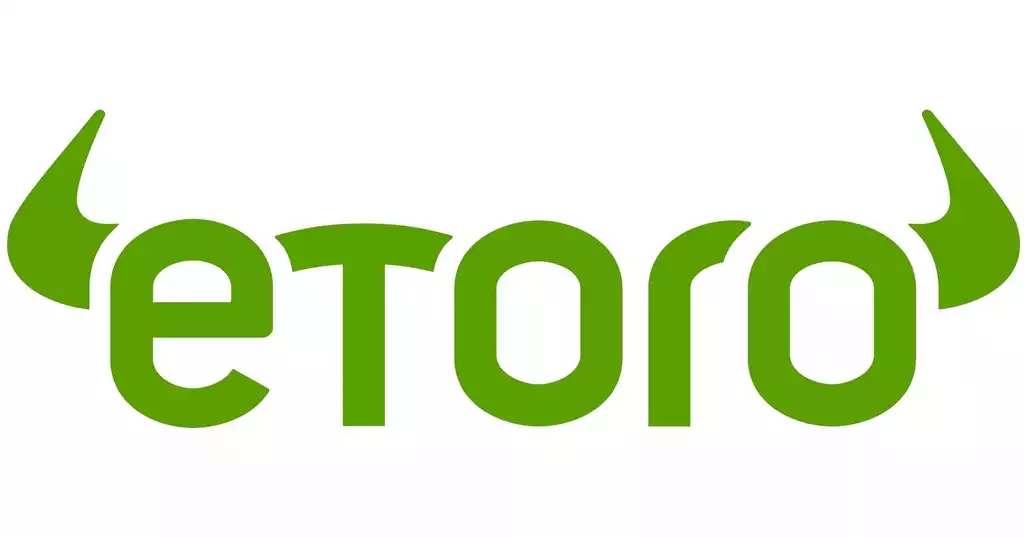Best Oil Trading Platform and Brokers
Oil ranks among the most traded commodities, alongside gold, serving as a primary diversification trading asset for global market traders. It's a highly liquid asset, typically denominated in dollars, with the main global benchmarks for oil trading being West Texas Intermediate (WTI crude oil) and North Sea Brent (Brent oil). Some brokers offer leverage up to 1:20 with negative balance protection. Alternative methods include shares of oil companies in the extraction and processing sector and commodity ETFs. The rising popularity of commodity and oil ETFs (Exchange-Traded Funds) suggests an increasing preference among investors for this form of investment.
Looking for the best broker and platform for oil trading suitable for UK traders? Based on our hands-on analysis, we have identified the best options tailored to various trading needs. In our guide, you'll find practical tips on how to utilize this commodity in investing (ETFs and real shares of oil companies).
Best platforms for oil trading:
Top choices for oil trading include xStation and eToro copytrading platform. Both platforms feature unique characteristics and functions that allow investors to trade oil efficiently and maximize potential profits. xStation offers a wide range of analytical tools and an intuitive user interface, while eToro copytrading platform enables users to copy strategies and trade automatically according to experienced investors. This combination of features provides traders with flexibility and diversity in oil trading.

Oil ETFs, CFDs on oil, Shares of oil companies available:
- Minimum deposit: £10
- Trust score: 95
- Number of tradable symbols: +6000
- Platform: xStation
- Regulation: XTB is a regulated broker in the EU, authorized by the FCA in the UK, CySEC, and the Polish Financial Supervision Authority (KNF) in Poland.

Oil ETFs, CFDs on oil, Shares of oil companies available:
- Minimum deposit: £100
- Trust score: 91
- Number of tradable symbols: +5000
- Platform: eToro copytrading platform
- Regulation: eToro is a regulated company in the EU, authorized by CySEC, also regulated by the FCA in the UK and the SEC in the USA.
Options for oil trading:
Here are some options these brokers offer, including direct trading with oil CFD contracts and investing in the oil sector via shares and ETFs:
Oil trading with CFDs
CFDs (Contracts for Difference) allow traders to speculate on price changes in oil without the need to own the physical oil. Leverage enables traders to open a position with greater exposure than their deposit, which can increase both potential profits and risks.
Commodity ETFs
Investing in ETFs (Exchange-Traded Funds) on commodities is another option. There are ETFs that track the price of oil and provide investors with exposure to the price movements of this commodity. Additionally, ETFs focused on oil companies are available, which can provide a more diversified exposure to the oil industry.
Shares of oil companies
Direct investment in the shares of oil companies is another option. This involves purchasing shares of companies engaged in extraction, refining, distribution, and other parts of the oil industry. This option can provide investors with direct exposure to the performance of a specific enterprise within the oil sector.
Spreads, commissions, and swap rates with oil are three common costs that traders need to carefully assess. These fees are always updated on the broker's website, as they may change and vary depending on current market conditions.
- Various trading methods (futures, options, CFDs)
- High trading volumes and good liquidity
- Ability to trade with leverage
- High volatility of oil prices
- Different prices among various brokers
- Commissions and trading fees can reduce profits
Conclusion + Summary of oil trading
Oil traders have various trading methods at their disposal, including futures contracts, options, and CFDs (Contracts for Difference), allowing them to flexibly respond to market developments and apply different investment strategies. With high trade volumes and good liquidity, the oil market is one of the most active, facilitating easy entry and exit from positions. Moreover, many leading brokers offer the option to trade with leverage, which can increase potential profits but also risks.
The volatility of oil prices can be a challenge for some investors, as different brokers may offer varying prices, requiring comparison of offers. Commissions and trading fees can also partially erase profits, which is important to consider when planning a trading strategy. However, beware of unregulated brokers, posing significant risks. Therefore, it's essential to choose a broker regulated by the relevant regulatory authorities.
